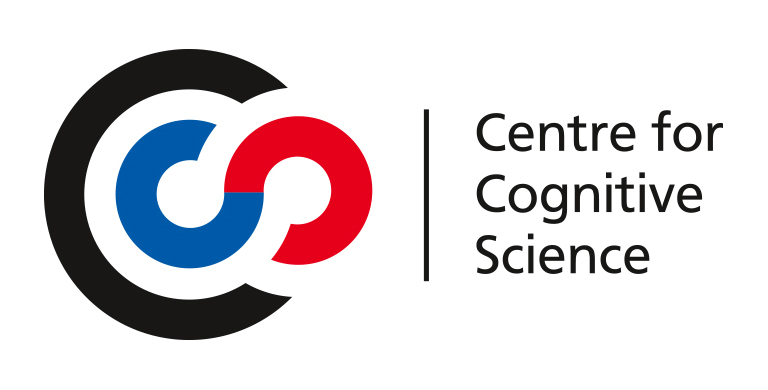Date: Wednesday, 12.06.2024 15:20-17:00 CET
Location: Building S1|15 Room 133
In case you are interested in a 1-on-1 meeting or meal with the speaker, please contact the coordinator Fabian Tatai: fabian.tatai@tu-…
Abstract:
Reward-guided learning in humans has been explained with simple models in which a small number of incrementally learned cognitive variables summarize past experiences and drive future behavior. I will first show the power of such “classic” learning models, breezing through a few studies that employ Reinforcement Learning (RL) and Bayesian inference, conducted during my PhD with Anne Collins at UC Berkeley. I will then highlight some challenges that classic models typically face, including a common lack of predictive power and generalizability. Lastly, I will show a study conducted at Google DeepMind, in which we aim to address these issues. We test the core assumptions of classic learning models, including incremental learning and the joint nature of memory and decision variables, using a large dataset and the combination of data-driven and theory-driven methods. We collected a large dataset of human choices in a probabilistic reward-learning task and employed a novel hybrid modeling approach that combines classic models with artificial neural networks, to find that behavior could only be explained after the inclusion of a flexible, high-dimensional memory system that summarizes the past, while a separate set of low-dimensional decision variables drove choices. Our models reveal a striking two-layer structure of learning and decision making in which a simple choice rule is modulated by rich internal representations that creates a rich summary of the past on a wide diversity of timescales.


